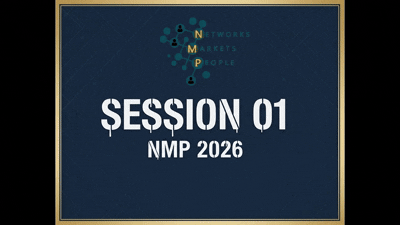
Horizon Europe (2021–27) & SDGs Framework • Focus on “Global South”
Refounding Cities
Identities
Mobilities
Demographic Decline
Hyperconnected World
Ecological Challenge
Urban & Planning
- Urban and Territorial Planning to fight marginalization & inequalities.
- Evolving ecosystems and posthumanisms in planning.
- Regeneration of abandoned & marginalized areas.
- Housing, living comfort, and affordable housing financialization.
- Urban sprawl and reducing building vulnerability.
- Strategic planning and complex decision-making processes.
Society & Culture
- Intercultural dialogue and collaborative governance for inclusion.
- Safeguarding cultural heritage & creative sectors.
- Multidimensional evaluation of cultural heritage enhancement.
- Cultural tourism, landscapes, and DMOs.
- Accessibility and design for all.
- Gender perspectives in planning.
Economy & Tourism
- Global value chains and reshaping business models.
- Tourism sustainability: carrying capacity & impact assessment.
- Gentrification and tourist real estate market.
- Public-private partnerships in regeneration.
- Economic feasibility of building rehabilitation projects.
- Transition to circular economy and bioeconomy.
Innovation & Tech
- Key enabling technologies for digitization.
- Machine learning, AI, neural networks, robotics.
- Advanced computing and Big Data.
- Smart cities and Next generation internet.
- Digital transition in tourism and rural wellbeing.
- Manufacturing technologies and advanced materials.
Environment & Energy
- Renewable energy sources and energy efficiency.
- Energy communities and smart grids.
- Climate change adaptation and mitigation strategies.
- Green and Blue Growth: low-carbon industry.
- Life Cycle Assessment (LCA) & Life Cycle Cost (LCC).
- Restoring forestry and biodiversity erosion.
Rural & Inner Areas
- Social innovation and social capital for Inner Areas.
- Solutions for socio-demographic shrinking & ageing society.
- Young generations: mobility, identity, belonging.
- Agriculture, food systems, and nutrition security.
- Smart rural development approaches.
- Nature-based solutions and bio-based innovation.